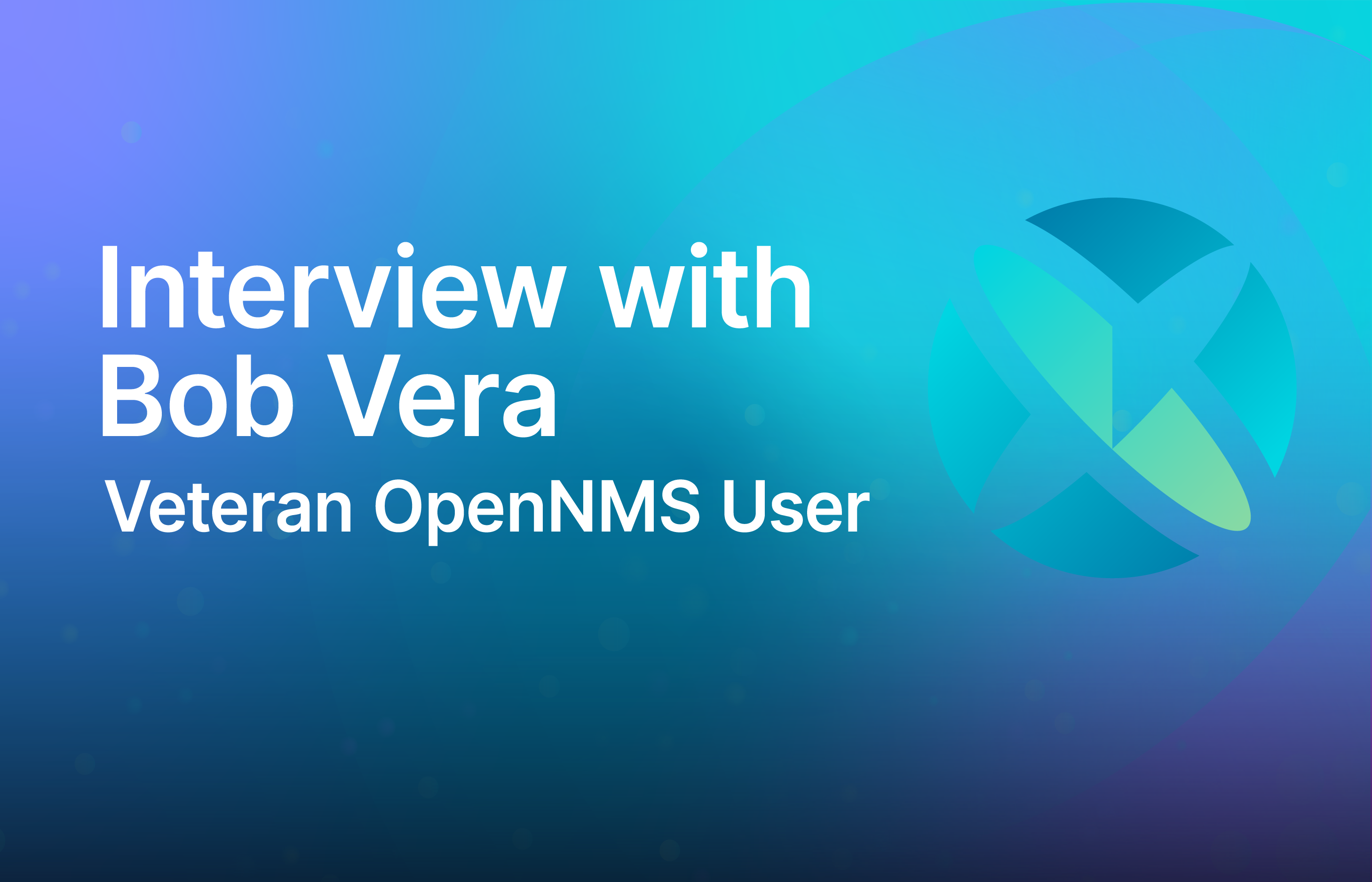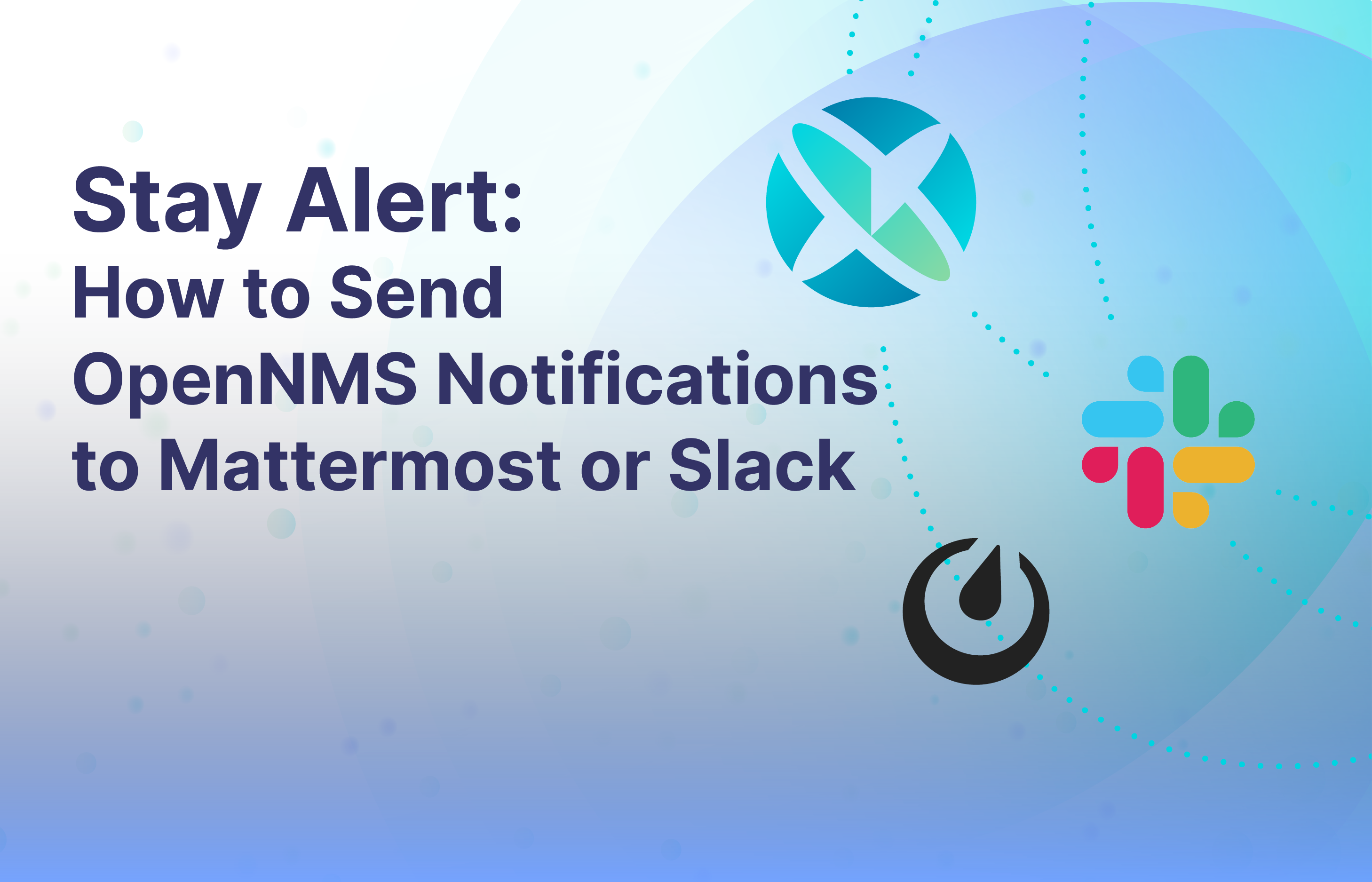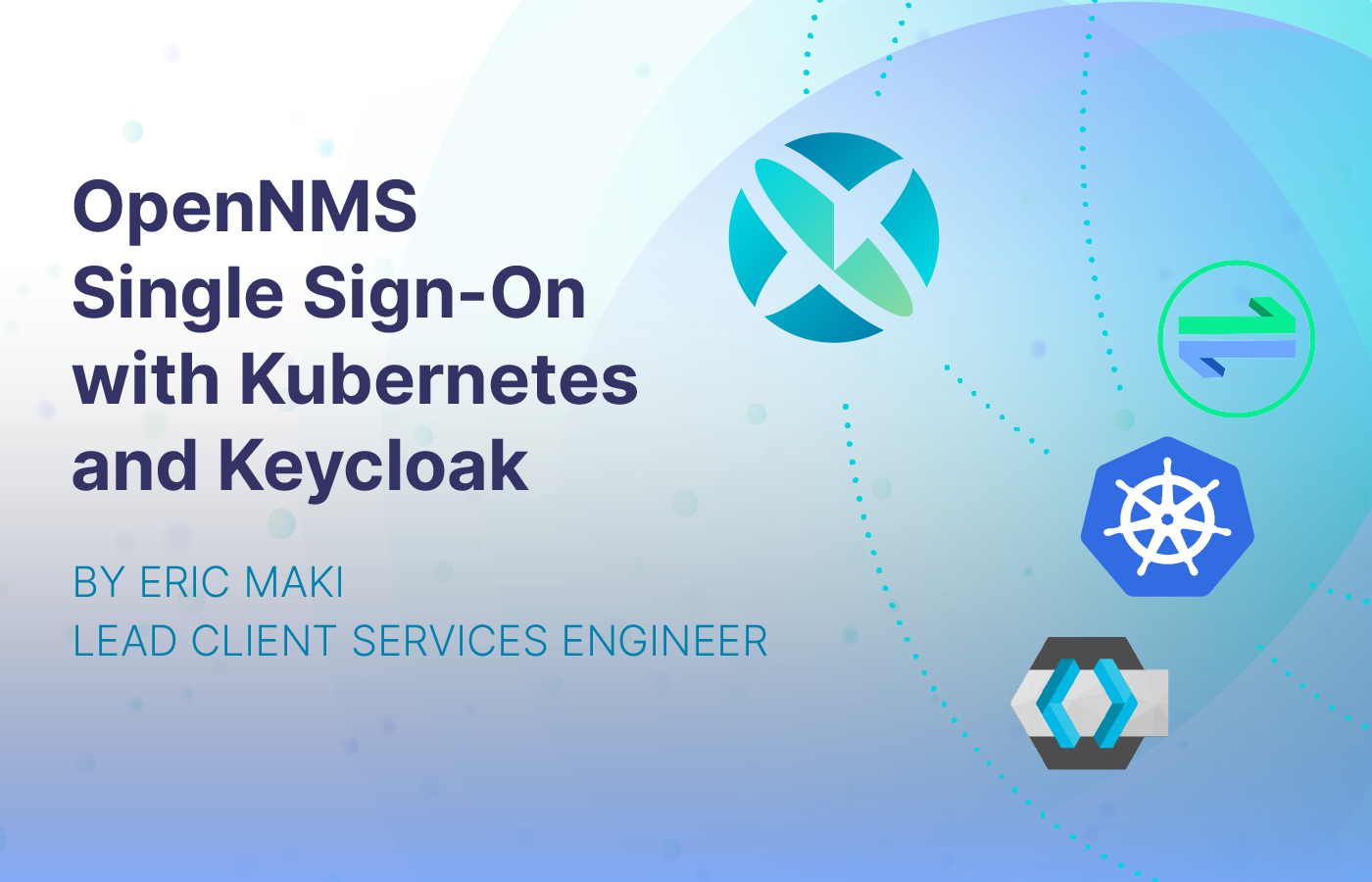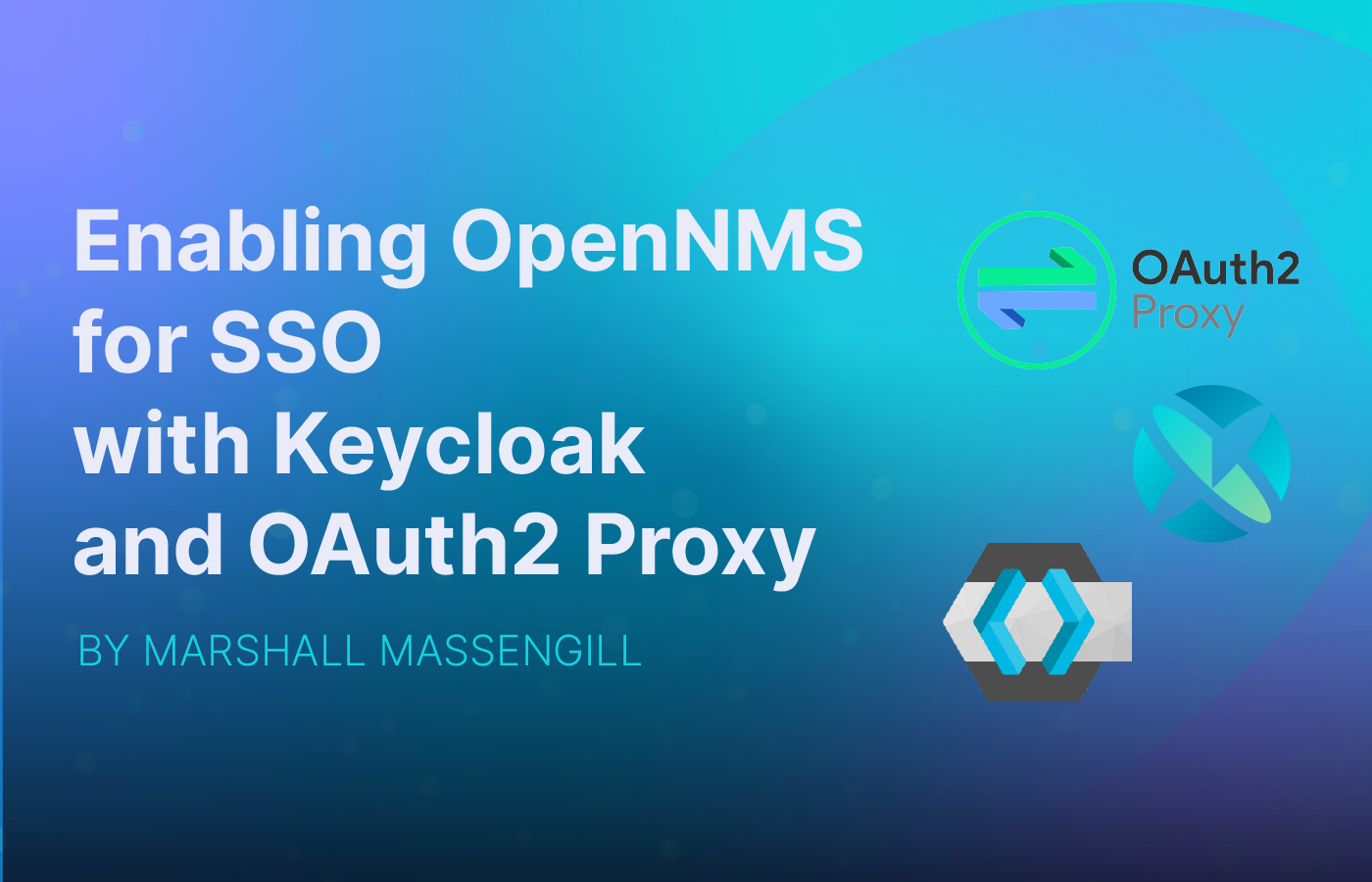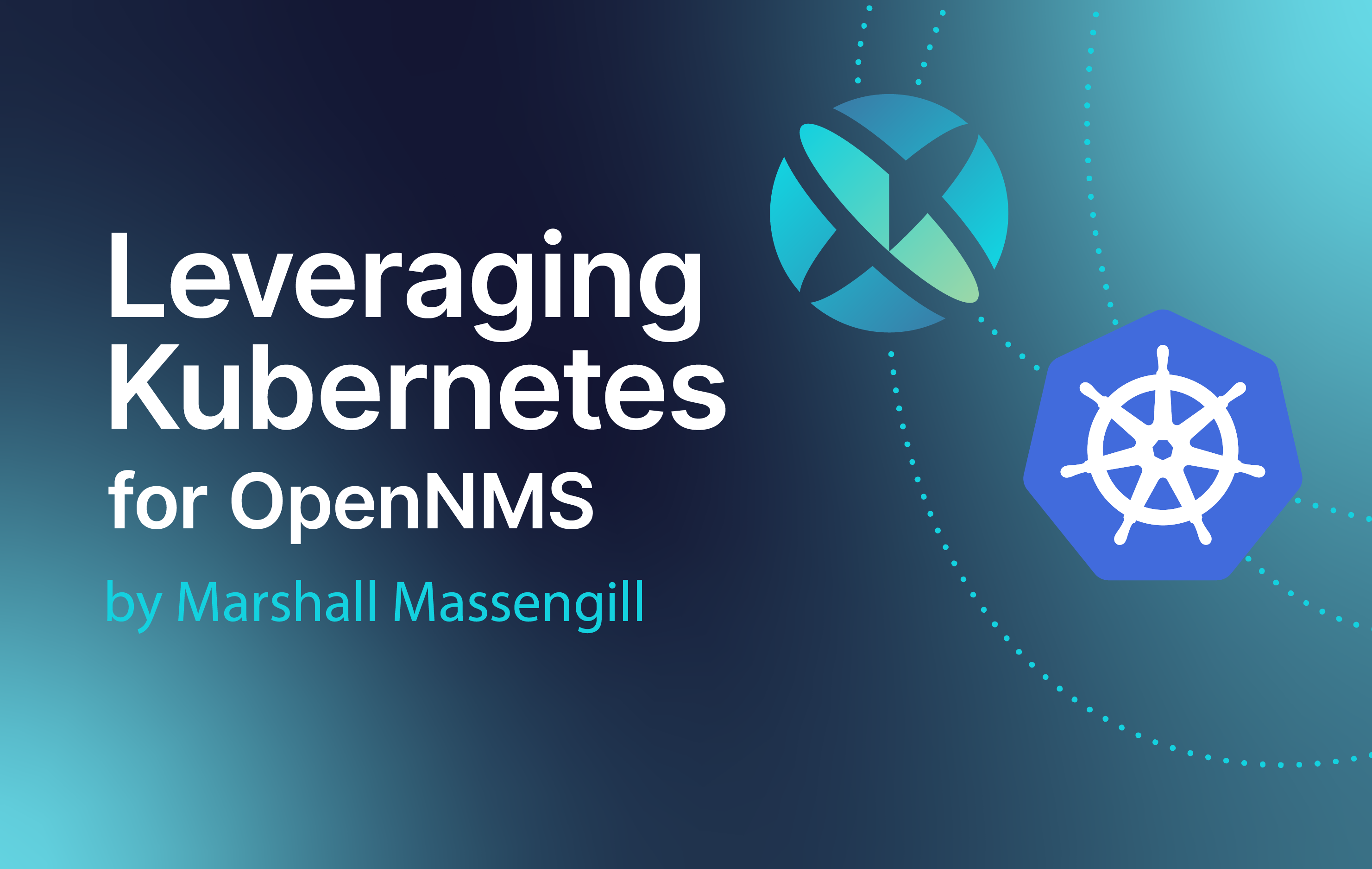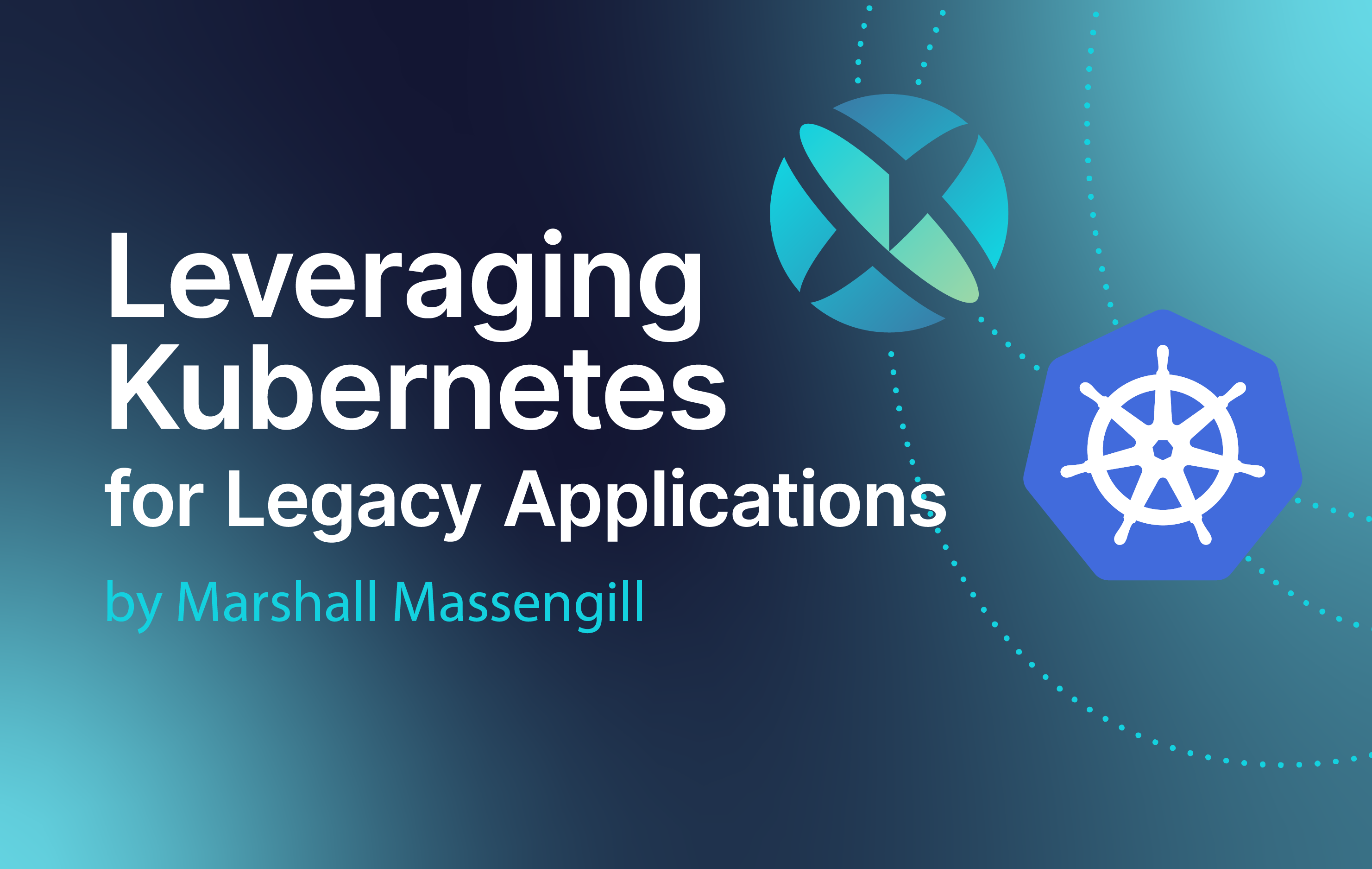Background and Journey to OpenNMS
Alan Brown joined NantHealth as SVP and GM of OpenNMS in February 2024. Now that he’s fully immersed, we took a few minutes to sit down to get to know him better and understand his vision for OpenNMS.

Can you give us a few highlights from your career that led you to this point?
I started messing around with computers in the seventies, and I might be one of the few people left actively working who originally programmed in IBM punch cards. It used to be hilarious to knock 'em out of people's hands and watch 'em all go fluttering. And then you've gotta restack your cards up. That was “nerd fun” back in the day.
From there, I earned my degree in electrical engineering and came out of school right about the time the IBM PC just started to propagate, which really kind of kicked off the whole PC revolution. Just seeing how these computers have morphed into modern wireless networks that have really changed the world is awe-inspiring. Now we're all addicted to scrolling on our phones because a bunch of nerd engineers figured out how to get cell towers all working together to stream data.
I’ve spent a lot of time in aerospace and telecom, and I’ve also seen lots of different business cases. I've seen small startups, I've been part of big corporations, I've been part of the business cycle when it's booming, and I've been part of business cycles when it's in reduction mode. When you've been around long enough, it helps center you for an opportunity like OpenNMS.
"For the tech that the OpenNMS team built to still be viable and valuable is a truly amazing thing. The trick is to honor that legacy and then move it into the next phase of the business."
What drew you to OpenNMS and this role?
We’re taking on a real challenge. There isn't anyone that I've talked to who feels that what we're trying to do is going to be easy. We have a real opportunity to excel, which is what my old boss would say. There’s a line I like from A League of Their Own: Someone says to the coach that it just got too hard. The coach says, “It's supposed to be hard. If it wasn't hard, everyone would do it. The hard...is what makes it great."
Those are the thoughts ringing around in my head when I think about our opportunity and my confidence in taking this on.
Another very important aspect that drew me in is that I believe we have high-integrity leadership at NantHealth. Through previous work I had a connection with both Lauren Schiegg, our COO, and with Dr. Haris Naseem, our new CEO. If you're going take on the challenge of trying to take a business to the next level, I think the most important thing is the people you get to work with and the leadership you're involved with. You get to a certain point in your life where the people are the most important part of getting up every morning. When they called to ask if I would join and help, it was really appealing to join such a strong team that I respect.
And I have a long legacy of building teams — that’s really my happy place. A chance to lead a team that's been through ups and downs like OpenNMS and help them get to the next level, both as a team and individually, is a calling that I respond to.
And finally, the business challenge of taking a 20-year technical legacy to the next stage is exciting. There are very few products that last that long in this space. Microsoft, Apple, and only a few others have been around that amount of time. For the tech that the OpenNMS team built to still be viable and valuable is a truly amazing thing. The trick is to honor that legacy and then move it into the next phase of the business.

Can you talk a little about your leadership and team-building philosophy?
I have seen in person the value of teamwork to really make breakthroughs. And to take advantage of the gifts that people bring to the team by weaving them in a way that weaknesses are identified but compensated for. Someone might be strong in one thing but weak in another. But if they can find a partner that has that strength, they'll be a lot stronger together. I've also seen failures with a bunch of A players who are incredibly smart and incredibly capable, but it's like having a Ferrari engine with no transmission. If you don't have any way of getting the work put into place, all you have is just this great big heat source that consumes a lot of fuel and does no work.
The game is to try and build a team with all those capabilities in place and look for where you need to adjust. In Good to Great by Jim Collins, there's a concept of getting the right people on the bus, but even more importantly, getting those people into the right seats on the bus. I personally have seen somebody who was in the wrong seat, really not making the impact that they wanted to make, get frustrated, and it starts to take a toll on them and the team. Sometimes, just changing the seat makes all the difference. As the team leader, it's your responsibility to move people around and give them a different role, a different opportunity. I've seen that work.
Being part of a team is also just a lot more fun. The job becomes not about the boss or even the financial rewards. You find yourself going above and beyond work because you feel like you owe it to your buddies on the team, right? And that's where real commitment comes into play, and that's where the work becomes a calling rather than just a job, which is where the fun is.

Conclusion
Stay tuned for part 2, where we’ll dig into Alan’s thoughts on OpenNMS so far and what he’s most excited to take on.
